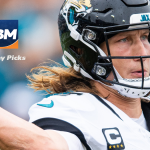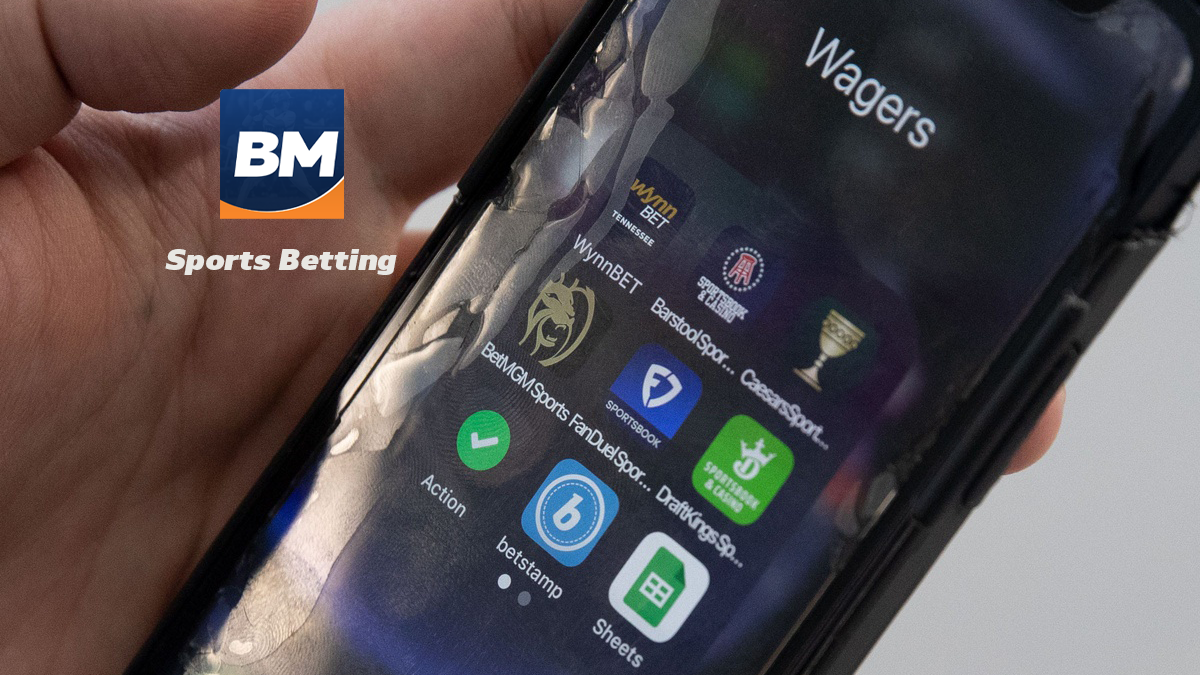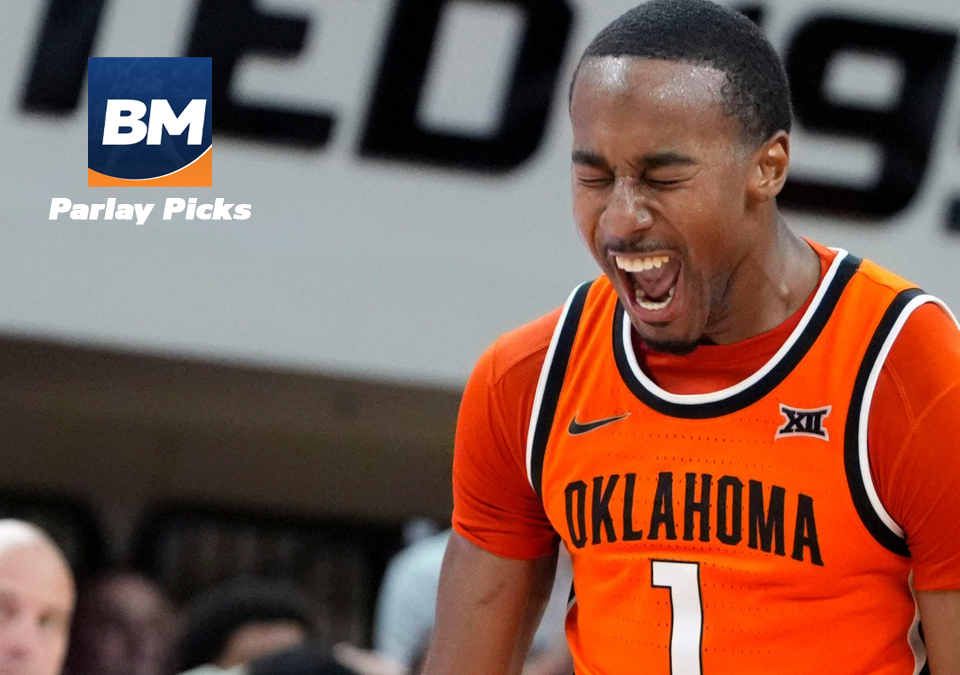
MLBPA Sues Sports Betting Companies
September 19, 2024
Jacksonville Jaguars vs. Buffalo Bills Same Game Parlay Picks, Odds & Predictions
September 20, 2024Over the past six years, sports gambling has exploded in popularity in the United States. As a result, two legislators have proposed legislation to impose federal laws on the activity. The Supporting Affordability and Fairness with Every Bet, or SAFE Bet Act, was introduced on Thursday by Sen. Richard Blumenthal, D-Conn., and Rep. Paul Tonko, D-N.Y. Its goals are to ensure that sports betting operators adhere to minimum federal standards and to address the potential effects of legal sports betting on public health. “This relationship between the gambling industry and sports has reached intolerably dangerous levels, and it’s well past time for Congress to just to step up and make a difference,” Tonko said in a recent press conference.
Check out the latest sports betting odds at Prime Sports.
In 2018, the Supreme Court overturned the federal government’s ban on sports betting. After six years, 38 states have legalized sports betting, which has caused the industry to boom across the country. The American Gaming Association reports that the sector brought in a record $11 billion in 2023, up 44% from the year before. Additionally, it has increased state revenue by billions as states receive a portion of the pie in the form of taxes. Due to their rapid expansion, operators are now having to pay hefty fees in order to attract new clients through marketing, incentives, and promotions.
“Now every single solitary moment of every sporting event across the globe has become a betting opportunity, whether you’re scrolling on social media, driving down the highway past billboards, or listening to your favorite podcast or radio station, sports betting ads are there to prompt you with an endless cascade of flashy promotions,” Tonko said.
The legislators claim that they are not attempting to outlaw sports betting, but rather are advocating for a national standard to make sports betting safe for the general population to partake in as a recreational activity. “State regulation is faint-hearted and half-baked. That’s why we need a national standard — not to ban gambling — but simply to take back control over an industry that is out of bounds,” Blumenthal said in the press conference.
Three major issues related to sports betting are covered by the bill: artificial intelligence, affordability, and advertising. “This industry is exploiting the most advanced technology to make the most money,” Blumenthal said. He declared his intention to outlaw the use of AI to monitor player wagering patterns and specific promos.
In addition, the bill is pressing for restrictions on sportsbooks’ ability to advertise during live sporting events in order to encourage wagering on “no sweat” or “bonus” type bets.
Lastly, the bill would cap the number of deposits made by consumers to five in a 24-hour period. It would require gaming companies to make sure patrons who place bets over $1,000 can afford to do so.
In the meantime, others in favor of sports betting are claiming that the sector has produced advantages. Chris Cylke, senior vice president of government relations for The American Gaming Association called the bill “a slap in the face” to state operators and gaming regulators. Nevada Democrat Representative Dina Titus said the bill is outdated” and “unwarranted.”Check out the latest sports betting odds at Prime Sports.




